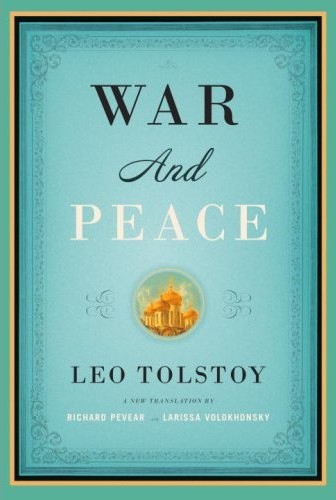I started this very epic novel about March/April last year and managed to finish it in December, which resulted in me proudly letting everyone know on facebook and twitter. Here’s a few of my thoughts on this 550k (that’s 100k words longer than lord of the rings) epic russian novel.
 It probably took me about the first 100k or so words to actually get into the book. There are a lot of similar character names and Tolstoy goes into a lot of detail about their looks, habits and conversation.
It probably took me about the first 100k or so words to actually get into the book. There are a lot of similar character names and Tolstoy goes into a lot of detail about their looks, habits and conversation.
I got the feeling that when the book was written and reading others in a similar period that it was more common to describe social interactions in more detail and include more of the authors own thoughts on everyday character study. I quickly realised Tolstoy had an insight into people, their character defects and natural inclinations that is rare today but must have been much more common then. In short he’s a great thinker on the human character and it comes across well.
The book spanned a period of wars between France and Russia towards the end of Napoleon’s campaigns and bounces between the activities of the army and several important officers and the other social elites of Moscow and Petersburg. It’s also split into several ‘books’ and the first chapter of each is Tolstoy directly addressing the reader to explain his opinion on why this particular part of the war was important and how it fits with the greater whole.
Despite the slow pace of the book and the extra concentration needed to understand the complicated sentences I really found myself growin rather attached to the people and I had to put the book down and shed a few tears when a character I particularly liked died. So all all I’d say this book is still a classic. For people who can chomp through the weighty prose it’s still well worth reading.
And on top of that the second of the two epilogues was again directly from the author to reader and went into all manner of interesting thoughts concerning where ‘power’ comes from and how much of life is down to fate and how much freewill.
The next great classic on my list is another of Tolstoy’s Anne Karenina.
Leave a Reply